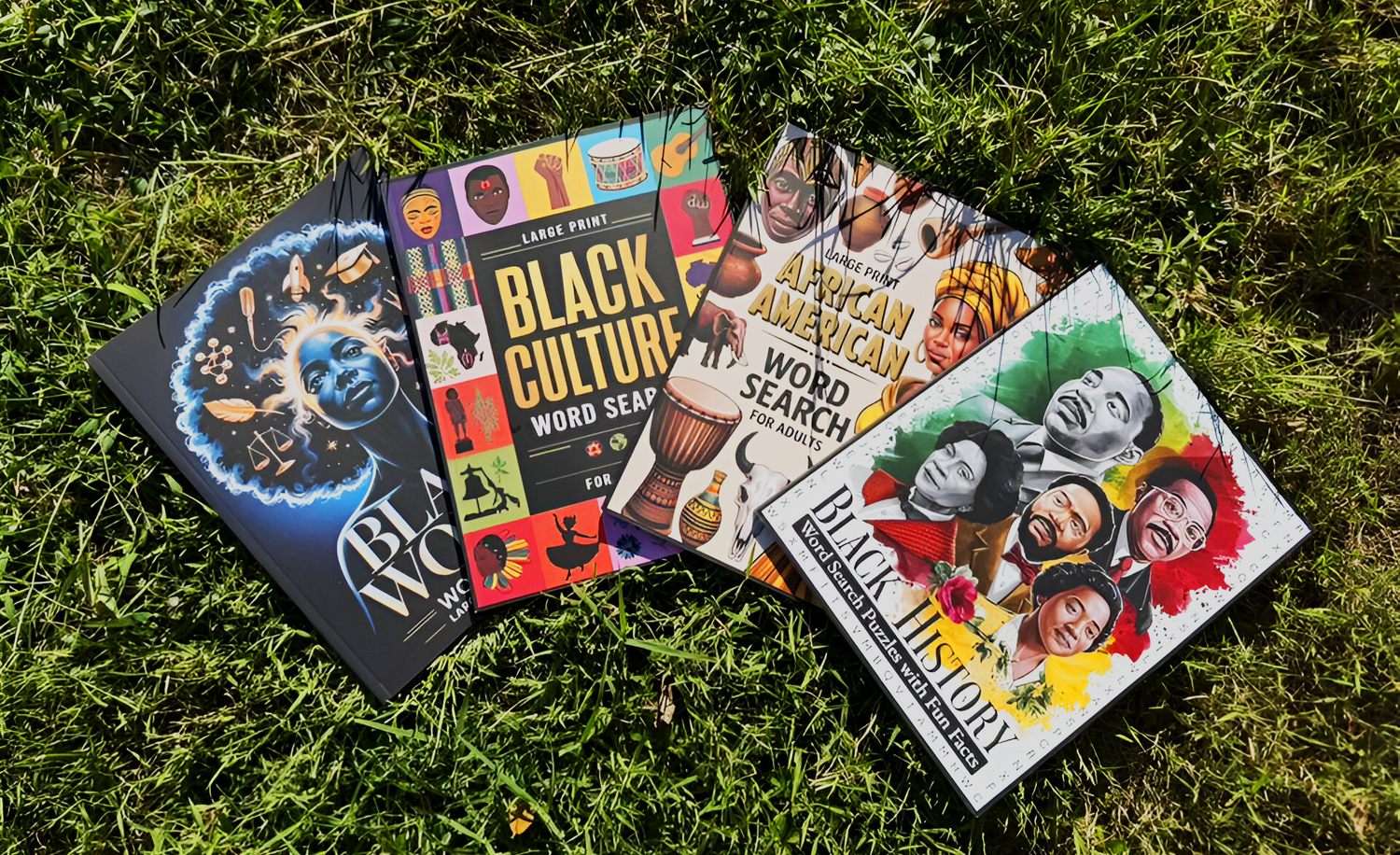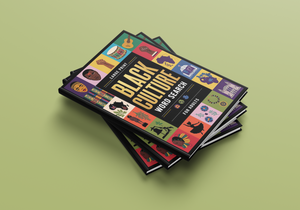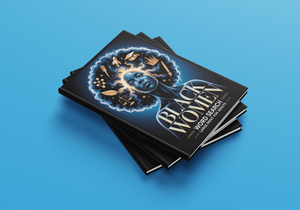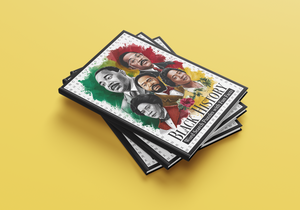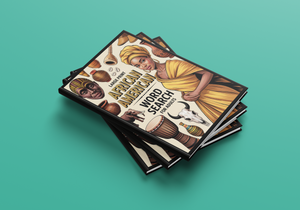1. Historical Context (Pre-2000s)
In the 19th century, Afro-Puerto Rican poet and revolutionary Clemente Soto Vélez wove African rhythms into his fight for Puerto Rican independence, embodying the fusion of cultural pride and resistance. His work echoed the Yoruba drumming traditions brought to the Caribbean through the transatlantic slave trade, which became the backbone of genres like bomba and plena. These rhythms, rooted in African spirituality and storytelling, resisted colonial erasure long before reggaeton’s global rise [[6]].
- Example: Soto Vélez’s poetry → Bad Bunny’s lyrical critiques of U.S. colonialism in Puerto Rico.
2. Modern Developments (2010s–2023)
Today, Rosalía’s flamenco-meets-digital-soul sound highlights the Black diaspora’s influence on Spanish music, yet mainstream media often sidelines Afro-Latinx contributions. Meanwhile, Bad Bunny’s reggaeton anthems—infused with Afro-Caribbean percussion—dominate charts, though the genre’s African roots are frequently overlooked [[7]]. In 2024, Pulitzer-winning journalism by outlets like The New York Times amplified these conversations, exposing systemic erasure in Latinx media narratives [[8]].
3. Practical Takeaways
Empower Afro-Latinx voices through:
- Conscious Consumption: Stream music by Afro-Latinx artists like ÌFÉ or Tokischa, and credit their African heritage in social media shares.
- Educate: Share resources like the 2023 *Afro-Latinx Stories* anthology to combat historical amnesia.
- Collaborate: Support cross-cultural projects uniting Black and Latinx communities, such as drumming workshops blending Yoruba and bomba traditions.
Why This Matters Now
With 28 states restricting critical race theory in 2023, preserving Afro-Latinx history is an act of resistance. As Pulitzer Prize jurors noted, “Journalism’s role is to illuminate overlooked narratives”—a call to action for artists and allies alike [[10]].
Sources
- Dr. María López, Afro-Puerto Rican Resistance in Poetry (2022)
- Columbia University, “2024 Pulitzer Prize Winners in Journalism” (2024)
- New York Times, “Bad Bunny’s Afro-Caribbean Revolution” (April 2024)
Related posts: How Black Wall Street Inspires Modern Economic Justice 2023 Update: Solving the Black Maternal Health Crisis
